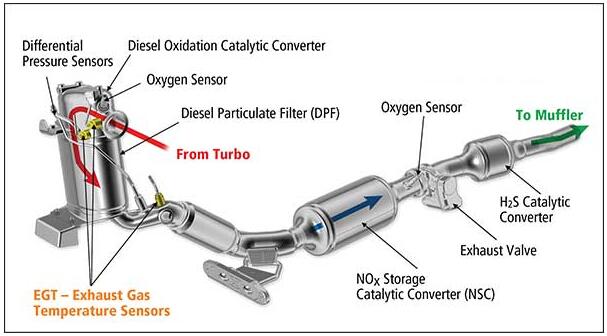Couldn't load pickup availability
Use this text to encourage communication or promote sharing on social networks.
Not in stock, please contact us if necessary
OE :
03G906088D
CROSS REFERENCE NO :
- BOSCH:0 986 259 068
- ERA:551118
- FAE:68005
- HELLA:6PT 014 494-051
- HITACHI:137003 /2507003
- MEAT & DORIA:11916 /11916E
- PIERBURG:7.08369.03.0
- WALKER PRODUCTS:273-20006
Fit Vehicles :
SEAT ALTEA 2004 - ...
SEAT LEON 2005 - 2012
SEAT TOLEDO 2004 - 2009
SKODA OCTAVIA 2004 - 2013
SKODA SUPERB 2008 - 2010
VW EOS 2006 - 2008
VW GOLF 2003 - 2011
VW JETTA 2005 - 2010
VW TIGUAN 2007 - ...
- Meets or exceeds OEM specifications
- Each item is 100% tested and balanced to ensure consistency and reliability
- Utilizes factory style mounts, connectors and fittings
- Guarantees the same performance and quality provided by the vehicle manufacturer
- OEM Quality Direct fit Application
◇◆◇◆◇◆◇◆◇◆
Voltstec is committed to building a green environment, and all of our packaging is made of eco-friendly cartons.
It is not only convenient for storage and transportation, but also protects the contents from external influences, and is energy-saving, environmentally friendly and recyclable.
Compared with traditional plastic packaging materials, carton packaging has unique advantages such as reducing environmental pollution and achieving sustainable development.
Let's work together to choose eco-friendly packaging, support green consumption, and jointly protect the bright future of our planet.

Symptoms
A fault in the Exhaust Gas Temperature circuit can be indicated by several symptoms including:
Loss of performance due to overload of the particulate filter.
Poor fuel consumption.
Various warning lamps indicating a fault. (glow plug, particulate filter, ECU)
An increase in exhaust emissions.
Causes of Failure
The failure of an Exhaust Gas Temperature can be caused by:
Physical damaged to the sensor or wiring when work on the exhaust is performed.
Severe vibration.
Incorrect routing of sensor wires.
Excessive exhaust temperature (above 900 degrees Celsius) due to incorrect air-fuel ratios or a fault in the engine management system.
Contamination (oil, coolant etc.).
Diagnostics
A physical inspection of the EGT for damage often reveals damage done to the sensor when exhaust repairs have been performed.
On Car Testing
The EGT circuit can be assessed using a suitable scan tool to extract any fault codes set and to monitor the sensor output in the workshop or on a road test
Typical fault codes may include:
P2031 Exhaust Gas Temperature Sensor Circuit Bank 1 Sensor 2
P2032 Exhaust Gas Temperature Sensor Circuit Low Bank 1 Sensor 2
P2033 Exhaust Gas Temperature Sensor Circuit High Bank 1 Sensor 2
P2034 Exhaust Gas Temperature Sensor Circuit Bank 2 Sensor 2
P2035 Exhaust Gas Temperature Sensor Circuit Low Bank 2 Sensor 2
P2036 Exhaust Gas Temperature Sensor Circuit High Bank 2 Sensor 2
Caution
Ensure that the correct sensor has been fitted to the correct location as they are designed to monitor a specific temperature range depending on their specific location.
When you supply and fit products from VOLTSTEC you can expect a product designed and tested to the vehicle manufacturer’s specifications offering OE Form Fit and Function.


